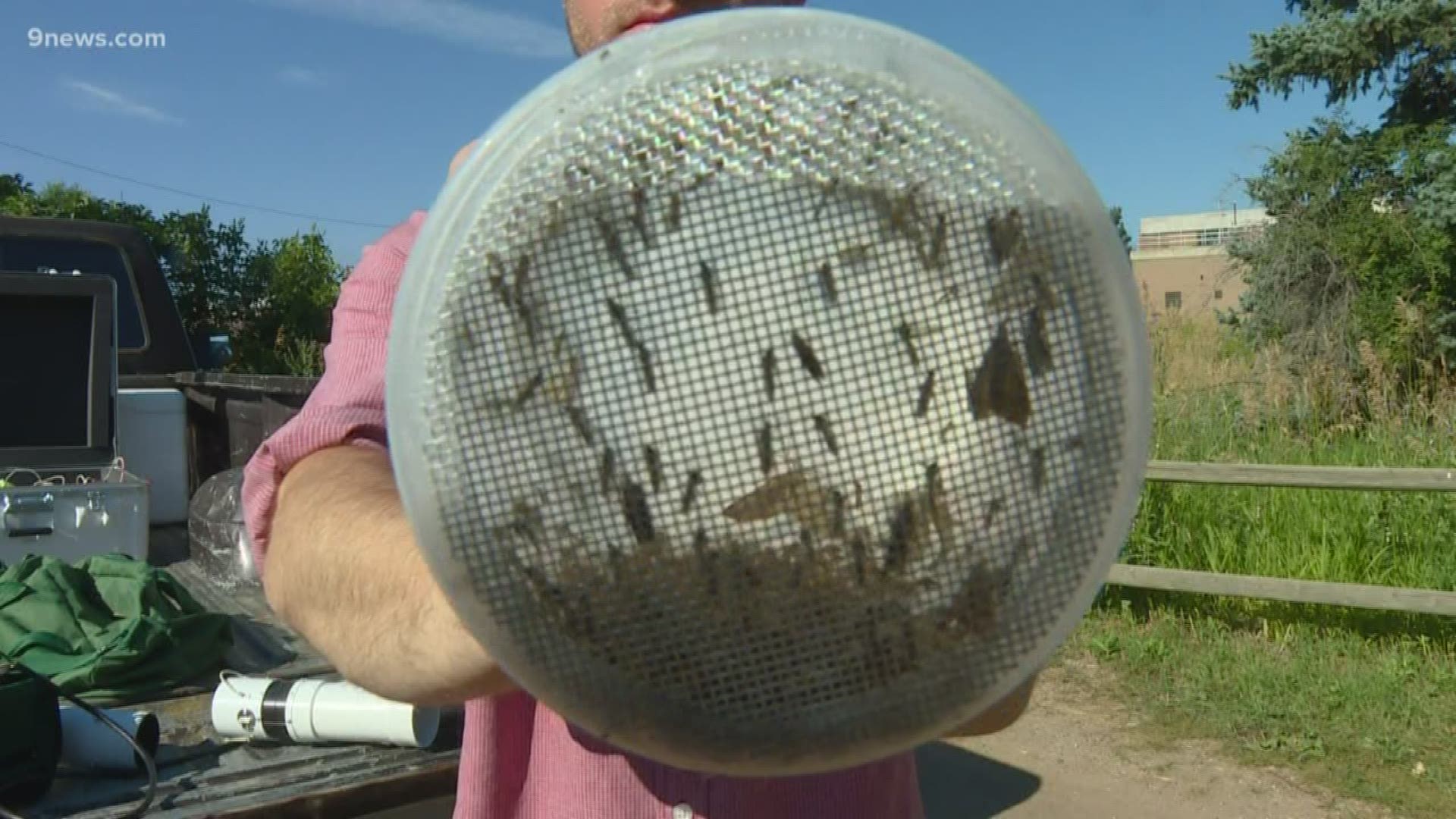FORT COLLINS, Colo. — Researchers at Colorado State University (CSU) have uncovered the potential for the Rift Valley Fever virus to be transmitted in Colorado livestock through mosquitoes.
The African virus is an acute, fever-causing viral disease that most commonly affects domesticated animals and has the ability to infect humans. Most cases in humans are relatively mild, but some patients develop more severe symptoms, according to the World Health Organization.
Still, Rebekah Kading said she and her team are preparing for the worst.
"We would be starting from square one. We would be faced with large scale mortality of livestock and lots of sick people," said Kading, an assistant professor in the Department of Microbiology, Immunology and Pathology at CSU.
"We’ve seen West Nile come here, Zika virus, so the big question is what might be next," she added. "Our lab is focused on Rift Valley Fever virus, an African virus, as one possibility we think we should know more about in the event that it is introduced."
In the late 1990s, Rift Valley fever infected 90,000 people in Africa and killed 500.
The team of researchers work to find out which types of mosquitoes can transmit the disease and how they can combat it. It could be critical to saving lives around the world.
"It’s not just whether or not they can transmit it in the lab, it’s whether or not they’re biting people and other animals that are competent hosts for Rift Valley Fever," Kading said. "This is a significant virus that would affect public health, as well as veterinary health and our food supply."
The research starts with teams going out to trap mosquitoes, often more than 1,000 at a time. They focus on areas near water, like along the banks of the Poudre River in Fort Collins.
"One of the things that brings us to this site is that it has a lot of water, so a lot of mosquitoes," said Daniel Hartman, a CSU doctoral student and the study's author.
"There’s also a lot of deer in this area. In the last year it came out that deer are very susceptible to this virus," Hartman added. "It’s of interest to us to see which mosquitoes are biting deer, how abundant are they, and can they transmit the virus?"
SUGGESTED VIDEOS | Science is cool

